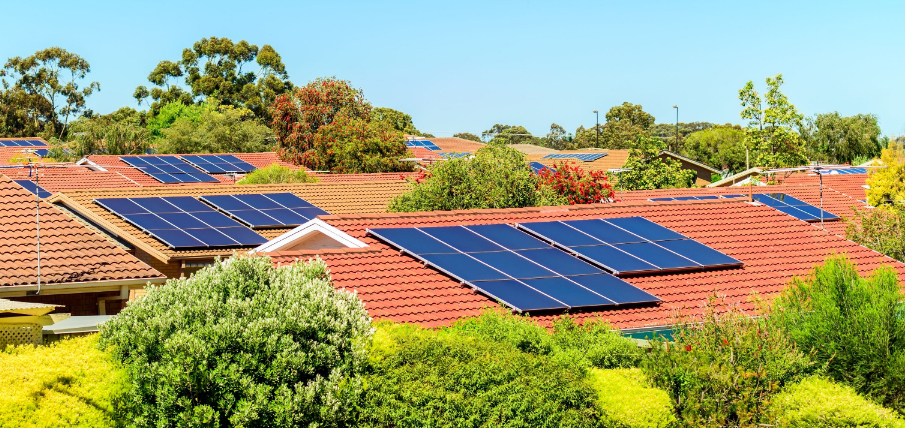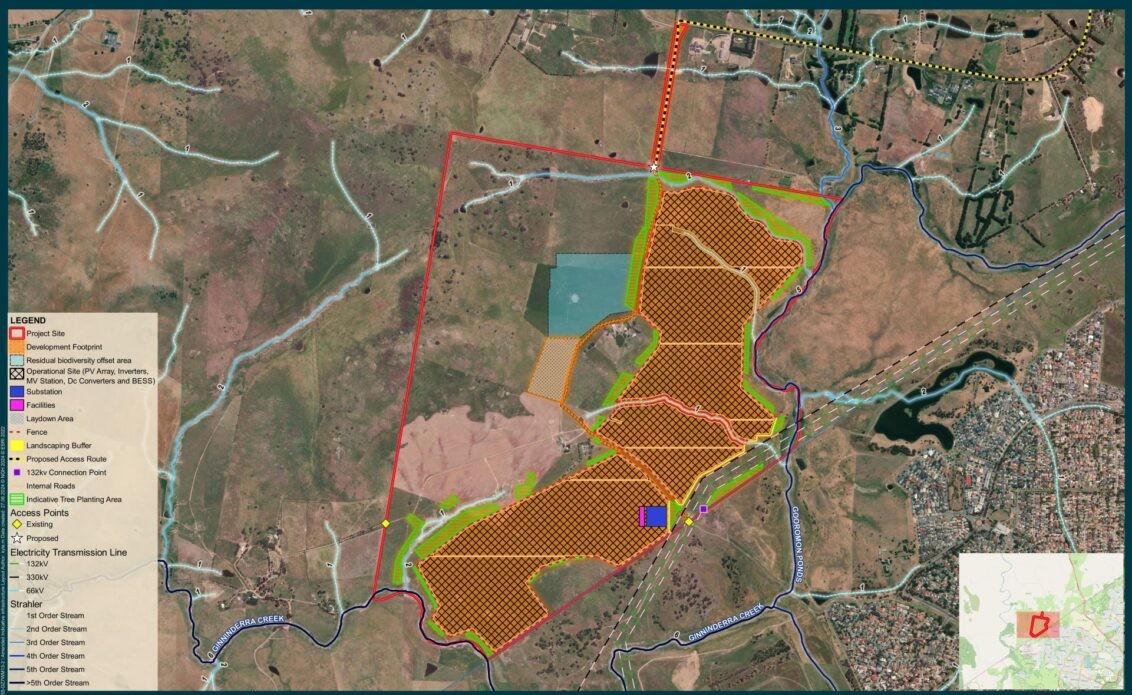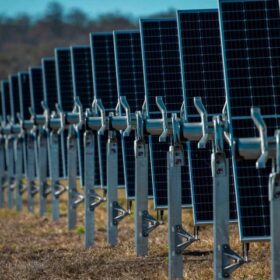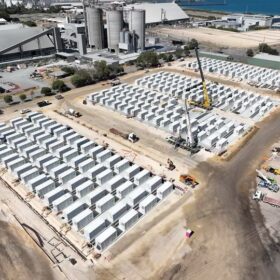Taking a leaf out of AGL’s Three for Free program launched in South Australia (SA) in July 2025, the federal government’s Default Market Offer (DMO) review outcomes includes as one of 10 recommendations made that retailers be required to give consumers a daily window of free solar to smooth demand during low wholesale price periods.
The new residential “time-of-use standing offer tariff type” would include consumers who own smart meters located in the DMO region of New South Wales (NSW), southeast Queensland or SA, and will offer three hours of free solar generated energy daily from 1 July 2026, with a potential national roll-out to follow from 2027.
The Solar Sharer Offer (SSO) enables consumers, with or without residential rooftop solar, access to zero-cost electricity to soak up solar when it’s most abundant in the grid, helping to mitigate grid reliability issues.
Federal Minister for Climate Change and Energy Chris Bowen said reform to the DMO will strip out unnecessary costs and expand protections to all standing offer customers and small customers in embedded networks, including renters and apartment dwellers.
“The SSO enables people who are able to move electricity use into the zero cost power period to benefit directly,” Bowen said.
“Whether they have solar panels or not and whether they own or rent, and the more people take up the offer and move their use, the greater the system benefits that lower costs for all electricity users will be.”
The SSO addresses the impact of abundant solar during the middle of the day, which makes wholesale daytime prices cheap or in the negative, by moving their energy use to specified windows of time and accessing the grid when more electricity is available.
A government statement said Solar Sharer will lower costs for the system as a whole by lowering peak demand in the evenings.
“A lower evening peak has flow on effects throughout the system, minimising expensive peak electricity prices and reducing the need for costly network upgrades and interventions to ensure grid stability,” the statement says.
Renters
Solar Citizens Chief Executive Officer Heidi Lee Douglas said the offer is a smart, fair policy that helps renters and apartment residents tap into Australia’s rooftop solar advantage.
“Now we need to build on this with a dedicated Solar for Renters policy, tied to state-based minimum energy efficiency standards, to overcome the split incentive dilemma that locks millions of renters – one third of our homes – out of solar savings,” Douglas said.
“Rooftop solar is one of Australia’s greatest energy success stories — and this reform shapes pricing mechanisms to reflect that success, rather than penalising it with clumsy export charges like the so-called ‘sun tax’.”
Douglas added that load-shifting is easy — and this will help more people see the benefits.
“Running your washing machine, dishwasher or air conditioner in the middle of the day makes use of clean, cheap power and helps cool your home for the evening when power is more expensive. Behaviour change like this is smarter and cheaper than building expensive new transmission.”
“Power is already cheapest during the day, when we have an abundance of solar energy flowing into the grid from neighbouring homes. But many people don’t understand this or understand their electricity bills. Solar Sharer will encourage a better understanding by many more Australians about how to change their behaviour to bring down their energy bills, and do better for the environment and for the energy grid,” Douglas said.
The offer announcement however drew doubt from the Australian Energy Council (AEC), which welcomed the initiative but expressed disappointment the government didn’t consult with the organisation ahead of announcing the SSO decision.
“All limbs of government and other agencies are seeking to cut red tape and improve productivity and this change introduces a complex regulatory solution that delivers a customer outcome that is already being offered by many retailers,” AEC Chief Executive Officer Louisa Kinnear said.
“The announcement … was a surprise to the industry and did not form part of the DMO Review consultation process. This lack of consultation risks damaging industry confidence, as well as creating the potential for unintended consequences.”
Retail giant AGL launched its Three for Free electricity energy plan in July 2025, giving households in SA access to three hours of free electricity usage between 10am and 1pm daily as art of its AGL Community Power program in support of customers who cannot purchase solar or batteries, or who may be locked out due to barriers such as home ownership.
Consultation
The Australian Energy Regulator (AER) will regulate the SSO to guarantee a fair deal for customers outside of the free power period and is conducting a consultation on the changes to implement to the DMO reforms.
The government has opened a consultation on the SSO, receiving submissions via email at SolarSharerOffer@dcceew.gov.au or to give detailed feedback visit the public SSO consultation portal.
Updated 5/11/25, text correction
This content is protected by copyright and may not be reused. If you want to cooperate with us and would like to reuse some of our content, please contact: editors@pv-magazine.com.









This could be a real game changer if implemented well. Not only does it reward people for shifting their usage when solar is plentiful, but it also helps stabilize the grid long term. The fact that renters and people without rooftop solar can benefit is huge — it makes the energy transition feel more inclusive. Curious to see how quickly households adapt their habits once the free hours kick in.